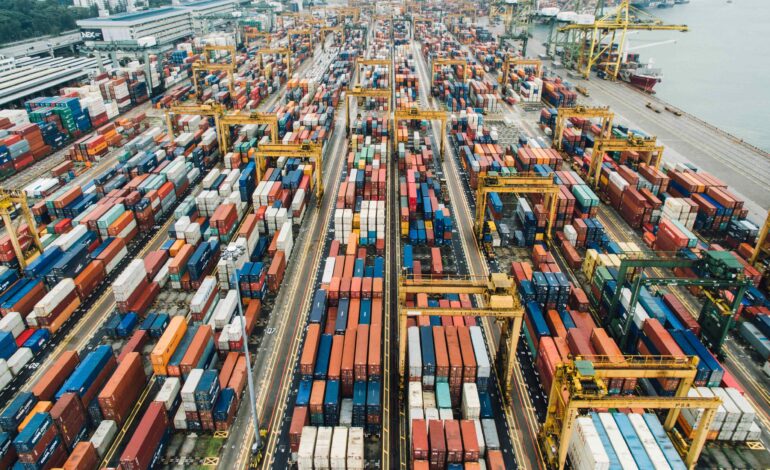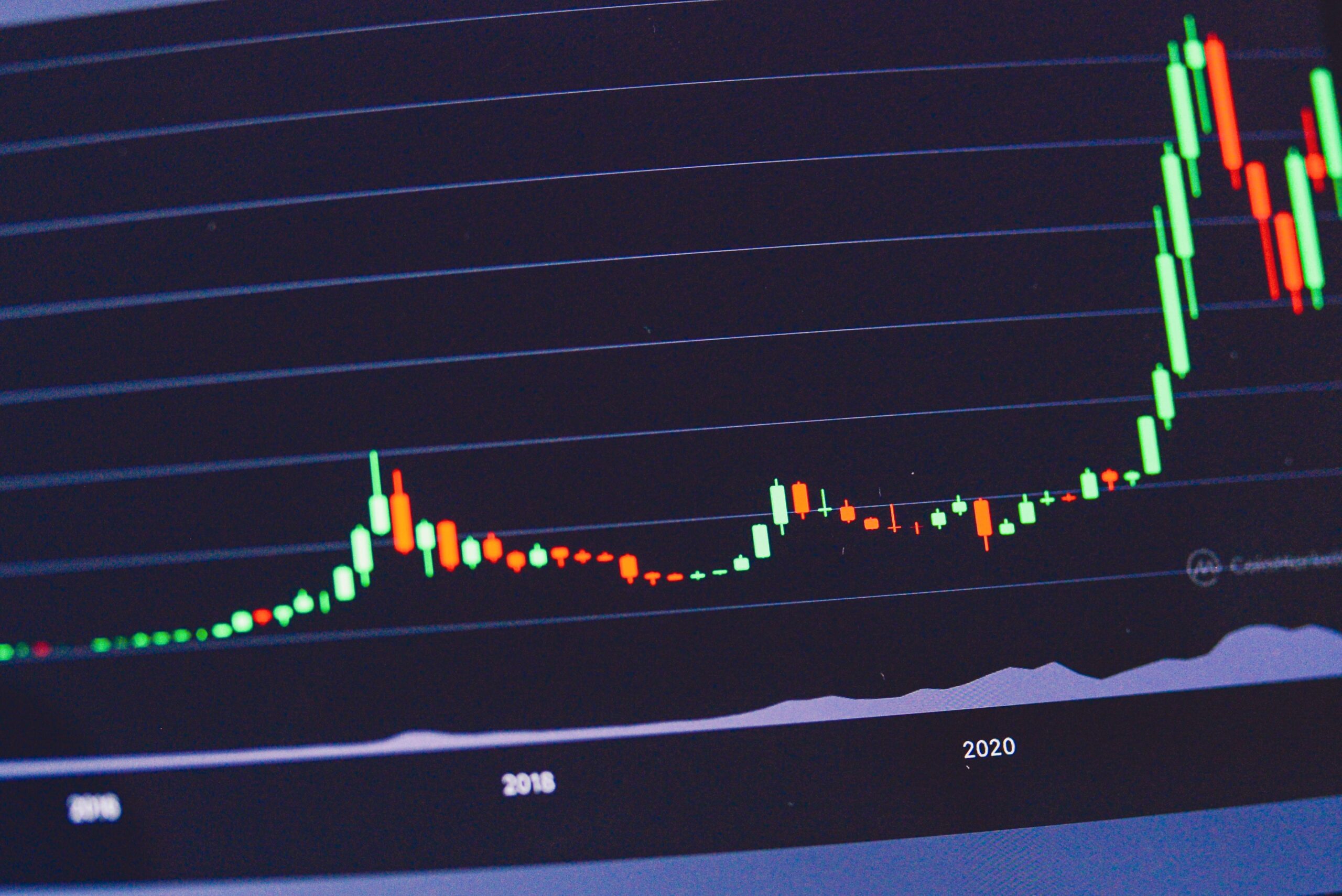
Economic Impact of Bunker Fuel on Global Shipping Routes
Bunker fuel is a cornerstone of the global shipping industry, powering the vast majority of commercial vessels worldwide. Its economic influence on global shipping routes is substantial, affecting operational costs, trade patterns, and the overall competitiveness of maritime transport. This article examines the economic implications of bunker fuel costs, market dynamics, and regulatory pressures on global shipping routes.
Bunker Fuel Costs and Shipping Economics
- Operational Expenses: Bunker fuel is a major operational expense for shipping companies, often comprising up to 60% of voyage costs. Fluctuations in bunker fuel prices can significantly impact profitability, affecting freight rates and the financial health of shipping companies.
- Route Selection: Fuel costs directly influence route selection and voyage planning. High bunker prices may lead shipping companies to opt for shorter routes or those with more favorable fuel prices, even if they include additional tolls or navigational challenges. Conversely, lower bunker prices can make longer, fuel-intensive routes more economically feasible.
- Freight Rates and Competitiveness: The cost of bunker fuel is a crucial factor in determining freight rates. As fuel prices increase, shipping companies may pass these costs onto customers through higher freight rates, impacting global trade competitiveness. Conversely, lower fuel prices can reduce freight rates, boosting trade volumes and competitiveness.
Market Dynamics and Supply Chain Implications
- Bunker Fuel Availability: The availability of bunker fuel at key ports around the world affects shipping routes and schedules. Ports with reliable and cost-effective fuel supplies become preferred bunkering hubs, influencing regional shipping dynamics and port competitiveness.
- Supply Chain Optimization: Efficient bunker fuel management and procurement are essential for optimizing supply chains. Shipping companies use bulk purchasing, long-term contracts, and fuel hedging strategies to stabilize costs and ensure consistent fuel supply, enhancing supply chain resilience.
- Alternative Fuels and Technology: The shift towards low-sulfur fuels, LNG (liquefied natural gas), and other alternative fuels in response to environmental regulations is transforming market dynamics. Investments in new technologies, such as scrubbers and dual-fuel engines, influence operational costs and route planning, shaping the future of maritime fuel economics.
Regulatory Pressures and Compliance Costs
- Environmental Regulations: Stricter environmental regulations, such as the International Maritime Organization’s (IMO) 2020 sulfur cap, mandate the use of low-sulfur bunker fuels or the installation of exhaust gas cleaning systems (scrubbers). Compliance with these regulations incurs additional costs, influencing operational budgets and route selection.
- Regional Emission Control Areas (ECAs): Emission Control Areas (ECAs) enforce stringent emission standards within designated maritime zones, requiring vessels to use cleaner fuels or adopt emission reduction technologies. Navigating through ECAs involves higher fuel costs and compliance expenses, impacting the economic viability of certain shipping routes.
Future Trends and Strategic Considerations
- Fuel Price Volatility: Ongoing volatility in global fuel prices necessitates robust risk management and fuel procurement strategies. Shipping companies must remain agile in responding to market fluctuations to maintain cost competitiveness and operational efficiency.
- Technological Innovation: Advancements in fuel-efficient technologies, alternative fuels, and digitalization are reshaping the economic landscape of bunker fuel in shipping. Investment in these innovations can reduce fuel consumption, lower emissions, and enhance route optimization.
- Sustainability and Decarbonization: The maritime industry’s commitment to sustainability and decarbonization will drive significant changes in bunker fuel economics. Transitioning to low-carbon fuels, improving energy efficiency, and adopting green shipping practices will redefine cost structures and competitive dynamics.
Conclusion
Bunker fuel significantly impacts the economics of global shipping routes, influencing operational costs, route planning, and market competitiveness. As the industry navigates regulatory pressures, market dynamics, and technological advancements, strategic fuel management and innovation will be crucial in shaping the future of maritime transport. By addressing these economic challenges and embracing sustainable practices, the shipping industry can enhance its resilience and contribute to a more efficient and environmentally responsible global trade network.





